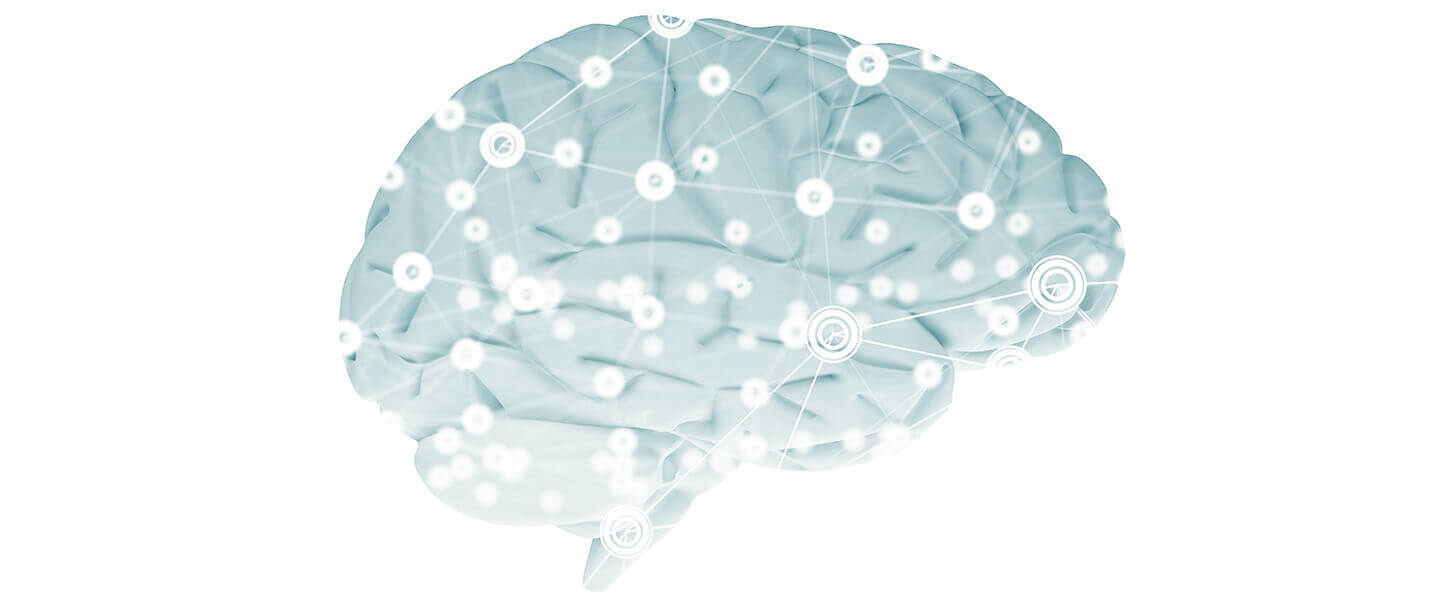Researchers Explore How Adolescent Chronic Cannabis Use Could Affect Adult Memory
Researchers Explore How Adolescent Chronic Cannabis Use Could Affect Adult Memory

Does using marijuana as a teen pose a risk to the brain? The question has been asked and studied by scientists for years, generating a range of opinions.
Recent research in mice by 2008 BBRF Independent Investigator Mikhail Pletnikov, M.D., Ph.D., and colleagues suggests how youthful cannabis use may interact with an underlying genetic predisposition to cause cognitive impairments later in life in some users.
In a paper that first appeared online in Biological Psychiatry on August 16, 2018, Dr. Pletnikov, of Johns Hopkins University, and his team note a synergistic effect when animals bearing a specific genetic variation are exposed chronically to cannabis during adolescence.
These animals exposed regularly to cannabis early in life, the study indicated, carried extra risk of having memory impairments during their adulthood. The effect was not observed in mice that were exposed chronically to cannabis exclusively in adulthood, and was seen only in mice that carried a powerful but rare mutation in a gene called DISC-1 which has been linked to psychiatric illness in some prior studies.
The cell type affected by chronic youthful exposure to cannabis and its active ingredient (called delta-9 THC) were astrocytes, not neurons. Astrocytes are a star-shaped subtype of glial cells, which are present throughout the brain and spinal cord and perform “helper,” repair, and regulatory roles.
“Not all cannabis users demonstrate cognitive impairment,” the team noted, explaining why they tested the theory that a genetic vulnerability might explain why at least some users may suffer adverse effects.
The researchers exposed mice bearing a DISC1 mutation in astrocytes to daily doses of delta-9 THC for 3 weeks during the mouse equivalent of adolescence. After the mice reached adulthood, they were assessed in a series of behavioral tests.
Impairments in adult memory were noted, which the researchers speculate may be due to a mechanism that centers on the impact of THC on a cell-receptor called the type-1 cannabinoid receptor, a docking port on cells for THC.
The team demonstrated that the combination of a powerful DISC1 mutation in astrocytes and chronic cannabis use early in life increased inflammatory signaling in astrocytes, leading to elevated release of the excitatory neurotransmitter glutamate. The net effect is damage to a portion of memory that enables the recollection of past events, individuals and places. The team was able to reverse such memory impairment in adult mice exposed to chronic THC in adolescence by giving them drugs that inhibit the inflammatory enzyme COX2.
The researchers say that this intervention in mice may indicate that there are “druggable” targets for preventing adverse effects of cannabis in susceptible individuals. At this point, however, the research is suggestive; none of the reported experiments has been “translated” into humans in the form of clinical research.
The team included Atsushi Kamiya, M.D., Ph.D., a 2009 and 2007 BBRF Young Investigator; and Atsushi Saito, M.D., Ph.D., a 2017 BBRF Young Investigator.
If you found this article interesting, you may find our upcoming Meet the Scientist Webinar interesting: The Biology of Addiction



